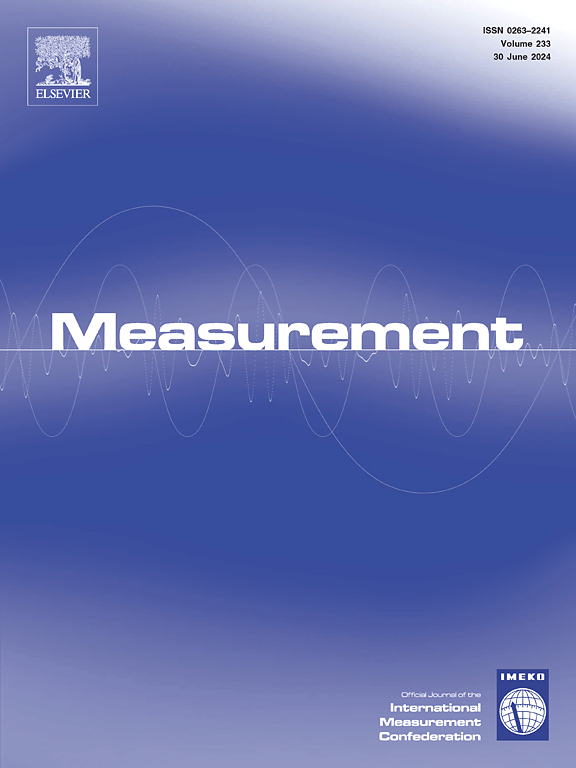A steady-state method apparatus for measuring the thermal conductivity of flexible electronic materials under stretching
IF 5.2
2区 工程技术
Q1 ENGINEERING, MULTIDISCIPLINARY
引用次数: 0
Abstract
The rapid development of flexible electronic devices has created an increasing demand for soft materials with superior heat dissipation properties. However, accurately measuring the thermal conductivity of flexible materials, particularly under dynamic conditions such as tensile strain, remains a significant challenge. In this study, we present a steady-state thermal conductivity measurement apparatus designed to operate under tensile loading conditions. We detail the system’s design operational procedures, data correction methods, and performance benchmarks. The apparatus was validated using standard reference materials, including quartz, stainless steel, and copper, producing thermal conductivity values of 1.57 ± 0.04 W m−1 K−1, 16.46 ± 0.39 W m−1 K−1, and 384 ± 19.62W m−1 K−1 (95 % confidence), all deviating from the reference values by less than 8 %. Additionally, we investigated the strain-dependent thermal conductivity of a liquid metal/Polydimethylsiloxane composite. The results demonstrate the effectiveness and reliability of our method, establishing a solid foundation for the thermal conductivity measurement of flexible materials in electronic applications.
一种用于测量柔性电子材料在拉伸下的热导率的稳态方法装置
随着柔性电子器件的快速发展,对具有优异散热性能的软质材料的需求日益增加。然而,准确测量柔性材料的导热系数,特别是在动态条件下,如拉伸应变,仍然是一个重大的挑战。在这项研究中,我们提出了一种稳态导热测量仪,设计用于在拉伸载荷条件下运行。我们详细介绍了系统的设计、操作程序、数据校正方法和性能基准。采用石英、不锈钢和铜等标准参比材料对仪器进行了验证,得到的热导率值分别为1.57±0.04 W m−1 K−1、16.46±0.39 W m−1 K−1和384±19.62W m−1 K−1(95%置信区间),与参考值的偏差均小于8%。此外,我们还研究了液态金属/聚二甲基硅氧烷复合材料的应变相关热导率。结果证明了该方法的有效性和可靠性,为柔性材料在电子应用中的导热系数测量奠定了坚实的基础。
本文章由计算机程序翻译,如有差异,请以英文原文为准。
求助全文
约1分钟内获得全文
求助全文
来源期刊

Measurement
工程技术-工程:综合
CiteScore
10.20
自引率
12.50%
发文量
1589
审稿时长
12.1 months
期刊介绍:
Contributions are invited on novel achievements in all fields of measurement and instrumentation science and technology. Authors are encouraged to submit novel material, whose ultimate goal is an advancement in the state of the art of: measurement and metrology fundamentals, sensors, measurement instruments, measurement and estimation techniques, measurement data processing and fusion algorithms, evaluation procedures and methodologies for plants and industrial processes, performance analysis of systems, processes and algorithms, mathematical models for measurement-oriented purposes, distributed measurement systems in a connected world.
 求助内容:
求助内容: 应助结果提醒方式:
应助结果提醒方式:


